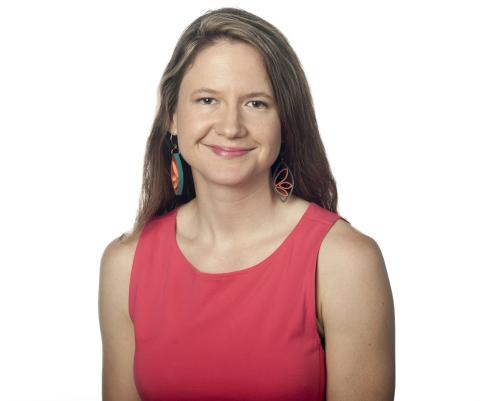
Ruthie joined the Center for Serve-Learn-Sustain in 2017. In her capacity as Service Learning and Partnerships Specialist, her work focuses on deepening the capacity of faculty and students to understand and act on equity as central to the creation of sustainable communities. Specifically, she supports course and project development around themes such as Water, Green Infrastructure, & Citizen Science; and Equitable and Sustainable Development. She is a graduate of the inaugural Transformation Alliance Academy which trained participants to organize stakeholders around equitable transit-oriented development. Her recent sustainability-related public scholarship includes the 2018 Saporta Report piece, "Citizen Scientists Gathering Information to Inform Policy Decisions in West Atlanta." Before coming to Serve-Learn-Sustain, her research and teaching engaged equity at the intersection of race, power, and education in the American South. Her book, Students of the Dream: Resegregation in a Southern City, documents the erosion of educational opportunity in metro Atlanta schools and how to address that deepening crisis; it was published by Harvard University Press in 2017. This background in educational equity research equipped her to nurture the projects of the K12 Education Working Group, a working group of the RCE Greater Atlanta. RCE Greater Atlanta was acknowledged by the United Nations University in 2017 as a new Regional Centre of Expertise on Education for Sustainable Development. The K12 Education Working Group endeavors to connect educators, nonprofits, government agencies and industry around the common mission of sharing and augmenting sustainability-focused curricular resources and programs and nourishing networks of educators dedicated to robust and inclusive sustainability education for all students. Her volunteer work around equity includes service as the Secretary of the Board of Marietta YELLS (Youth Empowerment through Learning, Leading, and Serving) and as the Co-Director of Tutor Recruitment for Common Good Atlanta. Ruthie has a PhD in American Studies and African American Studies from Yale University.